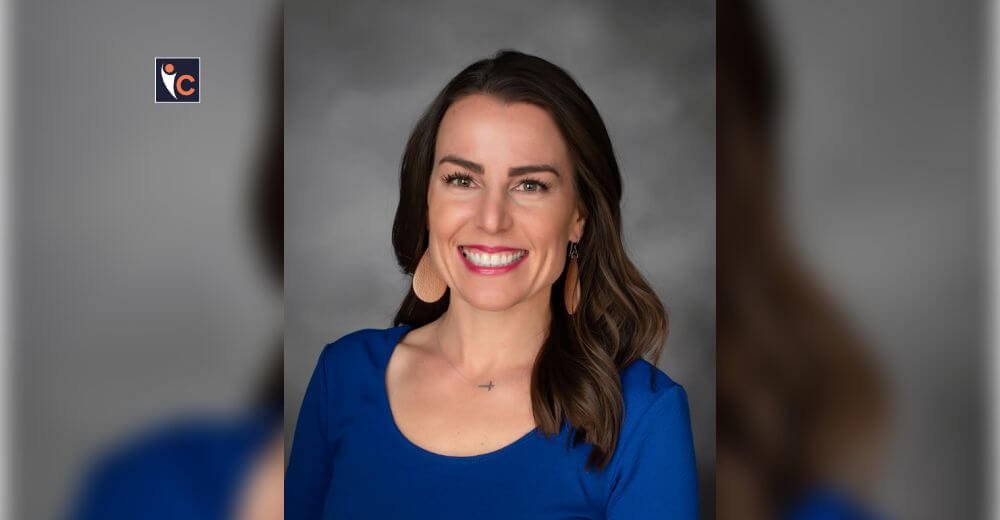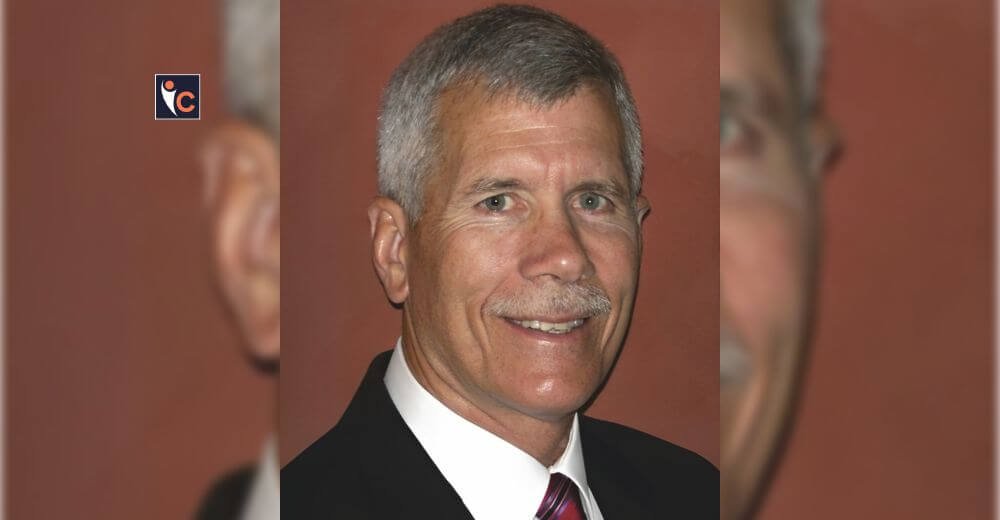It could be said that there’s a deeper level of pain and suffering in the world today, and awareness around the impact this is having on peoples’ general well-being and mental health, is also growing; take for instance, addiction. There is a common misconception when it comes to treating this issue, that if someone gets physically better, then it means that their addiction has been ‘fixed.’ This is why, Anel Sherren, the Clinical Supervisor at The Cedars Midlands Facility believes that addiction should be treated as a primary illness, as there is no ‘quick fix’ to overcoming it.
Anel is passionate about helping clients, specifically women, to not only overcome the guilt and shame of suffering from this disease, but also to be equipped with the right set of tools and support for a continual life-long recovery. For her, this is not only a job, but a passion to help people, and witness their journey to recovery. “I was once there too. So, I know exactly what that feels like,” she says.
Let’s get to know Anel’s thoughts on rehabilitating clients and sustaining their recovery at Cedars.
Climbing the Ladder
Anel has worked for The Cedars for almost two years, although, she has had extensive experience in the field of mental health and addiction treatment, through her professional employment and training, which include, volunteering at non-profit organizations that worked with addicts from impoverished backgrounds; a youth program; a psychiatric care facility that focused on clients struggling with dual-diagnosis and co-occurring disorders. She has, however always been drawn back to the treatment approach, where she found her own recovery.
“My passion has always been to work in Twelve Step treatment. On a personal level, it’s how I know people get better. I’ve seen the most successful treatment outcomes with people engaging in Twelve Step treatment. I’ve even worked at an Ibogaine clinic and found that treating addiction with medication is just not effective. Twelve Step centers that have a behavioral approach, and a spiritual approach to addiction treatment, are the most successful and I’ve always wanted to be involved in that,” says Anel.
She has pursued a degree in Psychology, completing her honors, and then has continued her training, specializing in the field of addiction treatment. To date, this has been done predominantly through Addiction Counsellor Certifications South Africa (ACCSA), an educational and training organisation based in South Africa. Her passion for the field continued to grow whilst studying through that body, so much so that “I was so interested in addiction studies that I became a lecturer for ACCSA.”
Anel goes on to say, “I wasn’t always sure how I was going to help people dealing with addiction, but psychology seemed like a good place to start. Moreover, I’ve always seen how spiritual principles and guidelines have enhanced my well-being and life and given me hope in the most hopeless times, even before I did The Twelve Steps myself. I’ve always thought that a spiritual way of life and concepts like forgiveness, faith, acceptance, and trust make life worth living. I’d find myself as a teenager reading up on concepts like these and finding a lot of peace in learning more about them.”
Anel’s Experience with Twelve Step Recovery
Anel always knew that The Twelve Steps was the program that would work for her, because of the amount of real work and action that it requires of someone. It is not as simple as just taking a pill, or talking endlessly to someone that would simply tell her that she was a victim – the programe requires that a real change in attitude and behaviour is required and provides a person with the tools to achieve that. Anel acknowledges that it provided her with not only the knowledge and understanding of what was wrong with her, but also the practical guidelines on how she could successfully overcome her addiction, but also how to live her life – something that she had been unable to do. Like all addicts, Anel always felt like she didn’t know how to live life like other people. – and now, thanks to The Twelve Steps, she is not only able to live and enjoy her own life but is able to help others achieve the same freedom and growth.
Eliminating the Biggest Misconception Centering Addiction
Anel emphasizes that the biggest misconception about treating addiction, is that addiction is quick and easy to treat. People often assume that once someone is physically better, then they are “fixed”, and moreover, that addiction is not a primary illness. The reality is that addiction is a primary illness. “We can’t sort out your trauma and expect you to then have been treated for addiction by osmosis. We may have treated your trauma, but you’re still going to act out on your addiction,” she adds.
Although it’s helpful to look at all aspects of a person’s being, the failure to treat addiction as a primary illness, is the biggest mistake that is often made when treating the disease. It’s usually assumed that there is a mental illness of some sort that is causing the addiction, or some sort of trauma, or that the problem is the individual’s living situation.
“At The Cedars, we see addiction as a primary disease. Our first and foremost approach to treatment is abstinence-based, helping someone take responsibility for their own lives and find a connection to a spiritual way of life which gives people a new outlook, a new perspective, and a whole new way of seeing the world – a spiritual, not moral, way of being that makes life worth living without the drugs and the alcohol,” says Anel.
Overcoming Shame and Judgement
“Having a deep understanding of what it is like to suffer from this disease and how to recover is incredibly important when teaching someone else how to recover,” says Anel.
One of the main issues for people who struggle with addiction is shame created by stigma and judgment. “We, as recovering addicts working in the field of addiction ourselves, don’t place that judgment on clients because – we’ve been there. We can say ‘Us too. We’ve done that stuff. We’re here to help, not judge you.’
This is crucial because the main complaint that is often heard from clients seeking addiction treatment is that they do not feel understood. This is partly because, a normal person who is doing something harmful, can just stop doing it. But for addicts, it’s difficult to simply ‘stop doing it’ and they end up feeling like the world doesn’t understand that difficulty.
“It’s not a choice. An addicted individual is not having fun, they’re suffering. But to the outside world, it looks like they’re just having fun or overindulging. It’s so incredibly important for people to feel understood, and often another addict in recovery is the only one who can provide that depth of understanding to an addict who is still suffering,” emphasizes Anel.
Determining Success in Addiction Treatment
Anel highlights that two factors determine whether addiction treatment will succeed in improving the lives of clients. She says, “The first factor is the client’s willingness to engage in long-term treatment and to follow a program that they might not necessarily understand or agree with.
At The Cedars, one of the aspects of our program which we utilize to encourage or create this willingness in clients is a therapeutic community. Often an addict’s willingness to participate in a program which they are skeptical about will grow when they see it working for others around them who are ahead of them in the process.”
“The second tool we use is education. As addiction treatment professionals, we have an understanding that this disease often places individuals in a place of unwillingness to engage. Alongside the therapeutic value of the community, we focus on thoroughly educating a client on the disease of addiction and the way it plays out in their lives, as well as identifying with their experiences using examples of our own,” she concludes.
Anel Sherren In Brief
Anel has been working in the rehabilitation industry for the past seven years, which includes working at a psychiatric care facility, specializing in co-occurring disorders, a youth program, and private practice. She has also been a lecturer, teaching in the field of addiction counseling.
She started working at The Cedars mainly because of their long-standing reputation for being able to truly help those suffering from addiction, as she has always understood that this disease has no quick fix.
Anel has been the Clinical Supervisor at The Cedars Midlands Facility for almost a year. The Cedars offers a comprehensive long-term program for clients in need of a sustainable solution. The program is based on complete abstinence and taking responsibility – these are the cornerstones in a sustainable recovery.
“I know what it feels like to suffer from this disease and be misunderstood by professionals. I had received many treatments that simply did not work because the treatment was for trauma and mental illness and not addiction. Addiction is a primary illness, it’s incredibly important that we give clients the tools and support to help them recover from addiction,” states Anel.
“I was in a lot of denials about my behavior and needed help to face my reality. Through The Twelve Step program, I have been able to receive the love and support to change and become who I always wanted to be. Today I can help others to recover and gently guide them in a new way of life.”
| Next Story: https://insightscare.com/george-patriki-providing-a-comprehensive-pathway-to-recovery/ |










